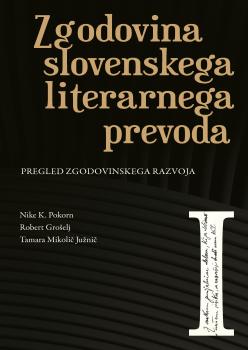The Beginnings of Translating Secular Poetry into Slovene: Poets/Translators from Dev to Jarnik
Synopsis
This chapter deals with the beginnings of Slovene secular poetry, which began to develop towards the end of the 18th century, building on the centuries-old tradition of folk and religious poetry. Like any new poetic tradition, Slovene secular poetry inevitably drew on foreign models. In addition to the canonical works in Latin and Greek that they had learned at school, the first Slovene poets drew inspiration primarily from German poetry, but also from the poetry of other literatures: Italian, Hungarian, Croatian, and partly French. Foreign models influenced them in terms of content or form, and sometimes they also became the direct source of adaptations and translations – although Slovene poets, in accordance with contemporary norms, dealt with the models relatively freely and usually did not aim at a literal translation in the modern sense. This chapter deals with the translation and adaptation of secular poetry into Slovene in the Enlightenment period (in particular, with the works of the most important poets Anton Feliks Dev, Žiga Zois, Anton Tomaž Linhart, Juri Japelj, Valentin Vodnik, Leopold Volkmer, Štefan Modrinjak, and Urban Jarnik). The basic concepts that guided the poets are presented, as well as some fundamental problems related to the development of translational self-reflection and theory.


